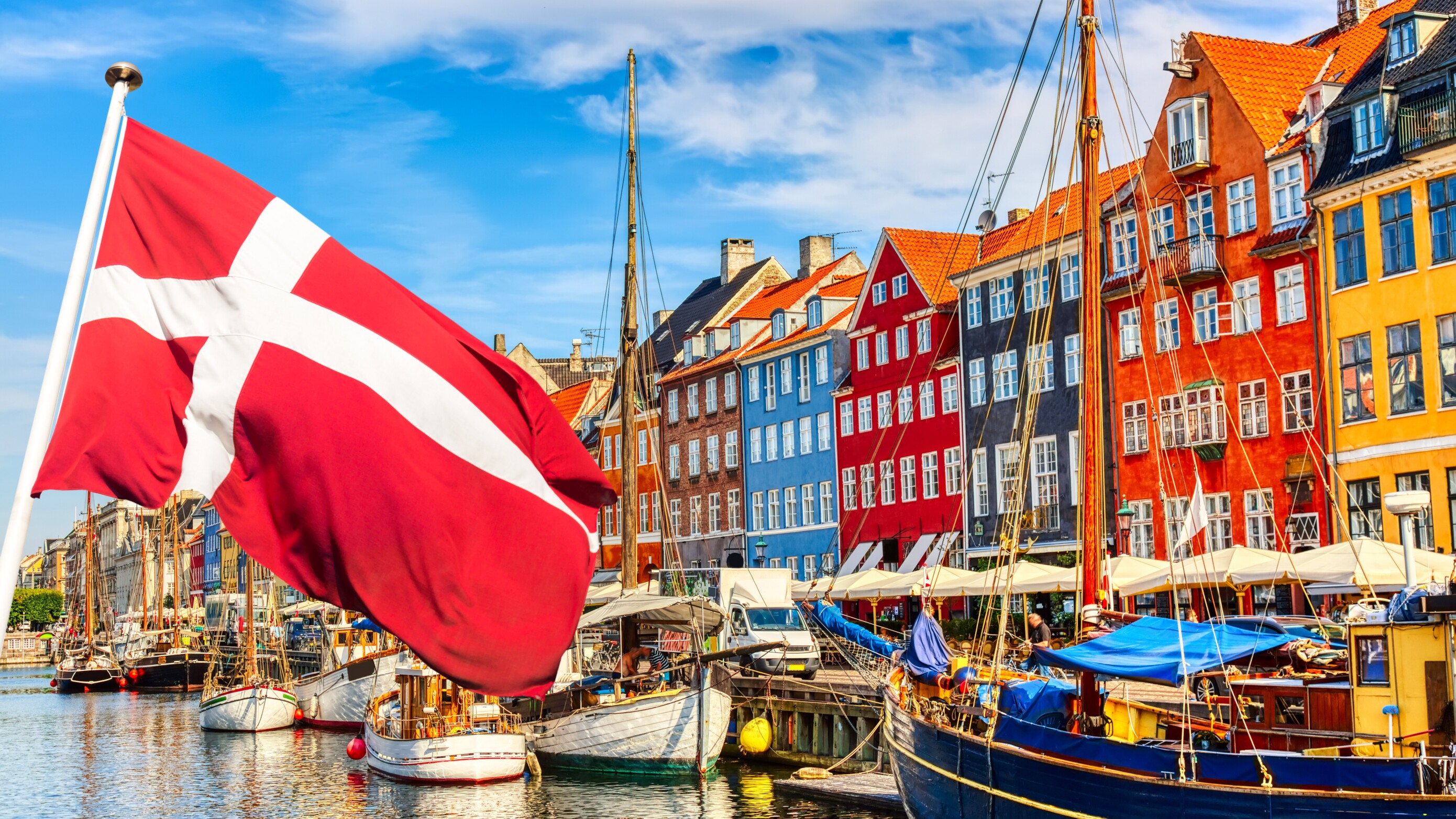The Danish government emphasizes the provision of quality care for the elderly and devotes a significant portion of the health care budget to funding a home care for the elderly. This is consistent with the government’s goal of providing a variety of care options to enable seniors to maintain their independence and quality of life.
How much does Denmark spend on the elderly?
Denmark spends 2.2% of its GDP on care the elderly. Only Sweden contributes more. The basic pension for a person aged 65 or over in Denmark is around €1,075 a month. And while that may seem like a lot to some of us, it’s not the only type of funding the government provides. The most important financial benefit in Denmark for people who are no longer independent is the care allowance.
What is the care allowance?
The care allowance consists of financial resources that a person receives for caring for a relative who can no longer carry out daily tasks on their own. Anyone who needs long-term care is entitled to it, regardless of income or assets. There are also no minimum requirements for the degree of disability to be able to get practical or personal help. Necessary assistance is provided after assessment. There are also no minimum time requirements for care – can be as little as two hours per week. The system is organised and financed at local level through municipalities. There are two forms of care allowance. One is for terminally ill people and the other for people with serious and chronic illnesses.
Allowance for the care of the terminally ill
This contribution is intended for people who want to care for a person with a terminal illness. In order to start the process, a doctor needs to confirm that he/she would not benefit from a hospital treatment. They must also confirm that the person does not need to be in a nursing home or hospital because of their condition. Both friends and family can apply. The person providing care can be employed (or self-employed), a student or a pensioner. The amount of the contribution for employed and self-employed persons is 1.5 times the sickness benefit to which they would be entitled. The allowance must also not exceed €840 per week and must not be higher than the recipient’s previous income. Students or pensioners receive a flat-rate benefit of €2010 per month. The municipality may grant a higher amount due to extraordinary circumstances. Care allowance cannot be combined with other social security benefits.
Allowance for care for persons with serious and chronic illness
This allowance may be claimed if the amount of care is equal to full-time work or if the alternative is residential care. The amount provided is € 2220 per month. This benefit can be received for a maximum of 6 months and can be extended to 9 months in special circumstances. This allowance may be divided among more than one person if they qualify for employment with the municipality. Contribution to care shall be paid to persons who provide care in the patient’s home. However, if the person they care for goes into temporary care or to the hospital, they are still entitled to the allowance.
Additional funding
Municipalities can also provide financial support for the purchase of medical devices. The funding is not based on assets or income, meaning that anyone who needs it is eligible. Payment is made on the basis of invoices. Consumer goods can also be partly financed by the municipality. 50% of the cost is covered and it applies to goods that are not considered something common that belongs to every household. This means that the municipality would not provide funds to buy, for example, a baking oven or a TV set.
And in case your relative needs a caregiver, please do not hesitate to contact us. Not only will we match you with the most appropriate caregiver based on the condition and the needs of the patients, but we will also be there for you to address any problem that may arise!







